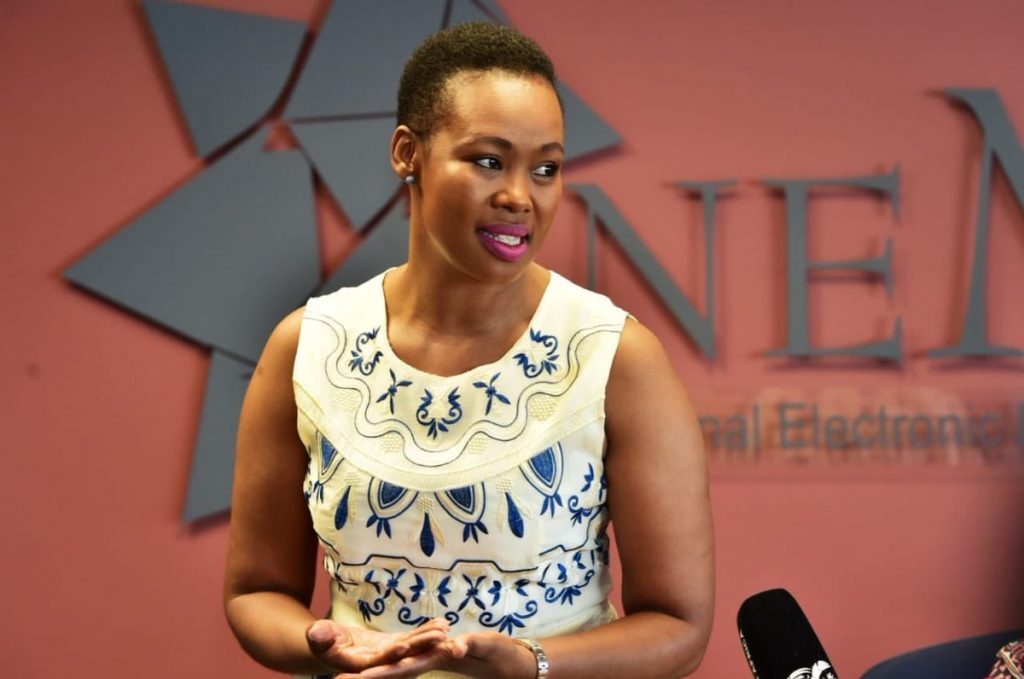Spectrum will be released during the lockdown period, and the South African government will be providing aid to smaller ICT companies in the country. These measures are being put in place by SA’s Minister of Communications in a bid to ensure truthful information is spread across the country. The point? To combat the spread of fake news that will emerge once the country goes into lockdown. Did we say ’emerge’? A bunch of it is already here.

Information communication technology is the backbone of the industry Stuff does most of its reporting on. Without a reliable means of communicating and spreading resources that bring people up to speed on current affairs, our society would crumble. Perhaps that’s a tad overblown, but we know how dangerous the spread of fake news is. In the uncertainty of lockdown looming (buckle up, folks), the Department of Communications has assured the country that they will be doing everything they can to keep smaller ICTs up and running during the lockdown.
Speaking to reporters, Minister of Communication Stella Ndabeni-Abrahams said that government will do everything it can to ensure that fake news is not propagated. These measures include a moratorium on fees owed by community broadcasters, a relief fund for small, micro and medium ICT enterprises and a temporary unlocking of spectrum during the shutdown.
By unlocking the spectrum, Ndabeni-Abrahams is looking to broaden the reach of broadcasters so as to ensure that news on the situation in South Africa reaches more people efficiently. “As they (the Independent Communications Authority of South Africa) provide that relief, it must be done according to the law and we must keep track of the infrastructure that will be rolled out so that by the time we get out of this dilemma the spectrum will be rolled back or the regulator will determine what happens with the temporary spectrum,” said Ndabeni-Abrahams.
“We have decided through (signal distributor) Sentech that in order to minimise the impact to community media, we will extend grace to say that we will not charge them for signal distribution. So as much as they would have lost money from the events they booked for, they will be exempt from payment for 90 days,” elaborated Ndabeni-Abrahams.

In related, and slightly scarier news, Ndabeni-Abrahams also confirmed that network operators, like Vodacom and MTN, will be used a means to obtain location date so as to effectively track COVID-19. This is to help the government track the infection rate around the country but it’s also…just a little bit spooky, right?
Vodacom has insisted that no personal data will be made available while the government effectively tracks our locations. “Current laws in South Africa serve to protect customer information and do not allow us to share any customer information without a court order or without the consent of the customer,” said Vodacom. Cross your fingers, folks. The last thing we need is a supervillain taking advantage of this whole situation.
